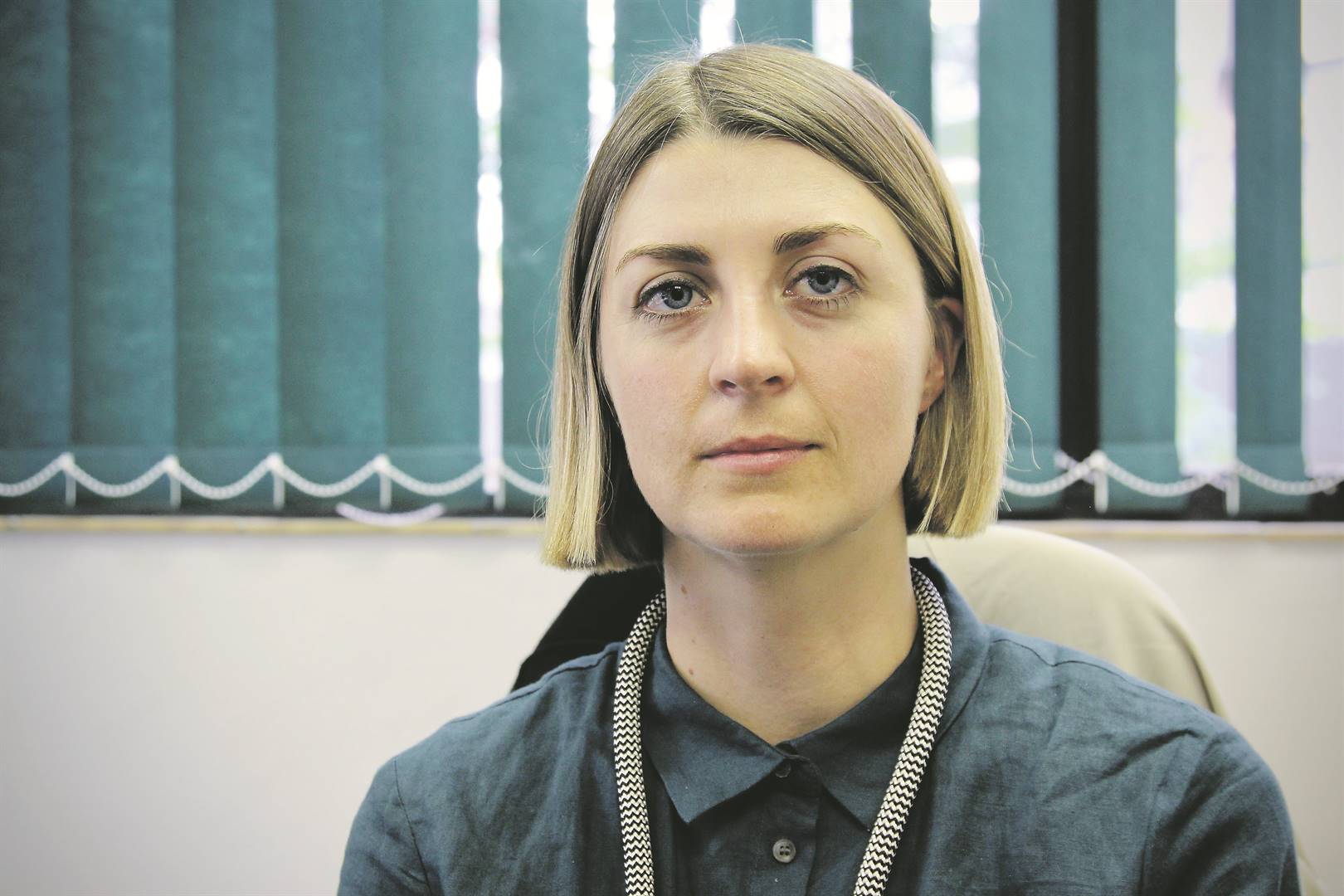
Some people say we are on the verge of a new drug epidemic; some say we are already in the middle of it. They are not sensationalists, but people deeply engaged with drug markets and people who use drugs.
My conversations with these people over the past six months have all been about heroin, which is known to users under different names, including unga, whoonga, nyaope and sugars. People on the drugs front line speak of a heroin epidemic that is either hidden or ignored.
For the past 18 months, I have been researching the regional heroin trade with colleagues from The Global Initiative against Transnational Organised Crime as part of the Enact project.
One of three major heroin transit routes out of Afghanistan is the southern route that traverses the east coast of Africa. It is a transit trade, carrying heroin destined mostly for Europe and Canada, but has developed domestic markets with shockingly large numbers of heroin users in Kenya, Tanzania and across South Africa.
Our research has sought to understand the scale and dynamics of the trade. Heroin use has been growing in South Africa for 15 years, but surged recently due to major increases in supply, combined with the growth of criminal networks controlling distribution.
We found prevalent and growing heroin use in Cape Town, Johannesburg, Tshwane, Nelson Mandela Bay and Durban, as well as in smaller cities and towns.
Heroin is the first drug of choice in several places. This is clear to people in drug-using communities, but the national scale and significance of this shift has been severely underappreciated by the state.
The most obvious consequence of the spread of heroin is a severe public health crisis. We do not have accurate data on the size of the heroin-using population, but interviews with people closely involved with the issue believe it to be large, growing and present in all communities, though concentrated in poor, predominantly black, coloured and Indian neighbourhoods.
Affordable public health services for drug users are hugely inadequate, and people are moving from smoking to injecting heroin, which carries much higher health risks, including the transmission of HIV and hepatitis C.
There are also other less obvious consequences of the spread of heroin. People who are dependent on heroin must generate enough income to support at least three hits a day – this is the minimum needed to avoid withdrawal. This will cost at least R60 a day, however, in several places, users claim they spend between R90 and R200 a day on heroin.
Poverty and unemployment are very high in communities where heroin use is prevalent, and dependence on heroin makes it hard to keep a job. This means heroin income must be “hustled”, and our interviews suggest that this includes participation in informal recycling economies, or performing short errands for small fees. More problematically, it also includes theft, which often leads to people who use drugs being cut off from family and community support, and, in the worst cases, becoming homeless.
The arrest of heroin users for possession or petty crime puts further strain on families and creates a cycle of criminalisation in communities. The heroin economy and the policies around it don’t just drive up crime and make marginalised users more vulnerable, they erode social bonds and trust.
To make matters worse, the criminalised and cash-based heroin economy has exacerbated police corruption at the station level. Interviews confirm that police patrol vans visit known dealers for small but regular cash “withdrawals” that tie police on the beat into a symbiotic relationship with drug markets.
Two main factors have contributed to this disturbing state of affairs.
Firstly, the surge in heroin use between five and eight years ago happened during a period when law enforcement capacities were severely eroded under former president Jacob Zuma’s administration. This affected the capacity of crime intelligence and specialised investigative units to stop the general increase in the illicit economy and the organised criminal networks that supply it.
The flourishing of local and foreign networks that supply heroin to local markets happened while good police work was stonewalled by political considerations and intelligence while resources were diverted to political ends.
Secondly, heroin use is highly stigmatised and users are marginalised by state policies. Individuals hide their drug use due to fear of criminalisation, and families are embarrassed to admit their loved ones have heroin problems. Public institutions have failed to accommodate users, despite appeals from harm reduction activists.
These two reasons have done the most work to hide the heroin phenomenon.
But there are also credible allegations that small-scale police corruption is mirrored at higher levels of drug networks and the police hierarchy.
Prevention is better than cure, but the time for prevention has passed. South Africa now has a large heroin economy. We urgently need to address the needs of people caught up in it and stop the problem from getting worse.
Haysom is a senior analyst at The Global Initiative Against Transnational Organised Crime




 Publications
Publications
 Partners
Partners








